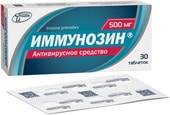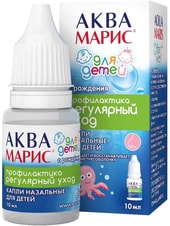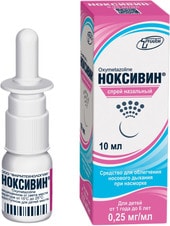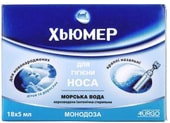Gratiola officinalis, also known as hedge hyssop or bog loosestrife, is a perennial herb thriving in moist environments like riverbanks, marshes, and shady ravines. Often mistaken for nettle, it’s known as “bog nettle” in some regions. Its medicinal properties stem from a unique chemical composition, including:
Scientific studies highlight Gratiola officinalis's ability to regulate thyroid function. Lithospermic acid helps reduce thyroid excitability, normalizing iodine metabolism and curbing excessive hormone production. Regular use often improves symptoms like rapid heart rate, sweating, tremors, and nervousness associated with hyperthyroidism.
This herb also supports heart health. Infusions and extracts can alleviate symptoms of conditions such as endocarditis, arrhythmias (especially those linked to hyperthyroidism), and severe palpitations.
Gratiola officinalis is used in folk medicine and homeopathy in various forms, including infusions, teas, tinctures, decoctions, and external solutions.
Steep 1 teaspoon in a cup of boiling water for an hour. Consume one cup three times daily, half an hour after meals. A three-month course is recommended, with a one-week break after every two weeks of use.
Simmer 1 tablespoon in a cup of cold water for 2 minutes. Steep for 30-40 minutes. Drink one-third of a cup three times daily.
Combine 100g of herb with 500ml of vodka. Use 20-30 drops three times daily before meals (5 drops for sensitive individuals).
Important Note: A minimum course of 5 packs is recommended for optimal results.
Individual intolerance is the primary contraindication. Consult a healthcare professional before using Gratiola officinalis, especially if you have pre-existing health conditions or are taking other medications.
Keywords: Gratiola officinalis, hedge hyssop, bog nettle, herbal remedy, thyroid support, hyperthyroidism, heart health, cardiovascular health, arrhythmia, palpitations, endocarditis, herbal tea, tincture, infusion, decoction, natural remedy, 100g, herbal supplement, folk medicine, homeopathy, lithospermic acid.





